Community Reflections
- AUC Climate Change Initiative
- Community Reflections
Hear views and reflections on climate change and AUC's participation in COP27.
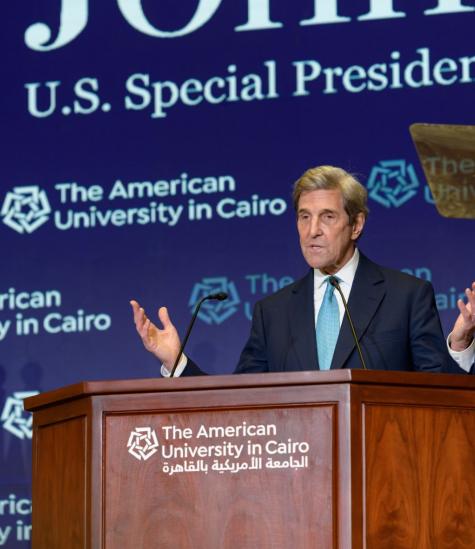
We stand ready to work with all parties and the Egyptian COP presidency to ensure that the Glasgow Sharm El-Sheikh Work Program on the Global Goal on Adaptation will accelerate effective action, and to fully operationalize the Santiago Network.
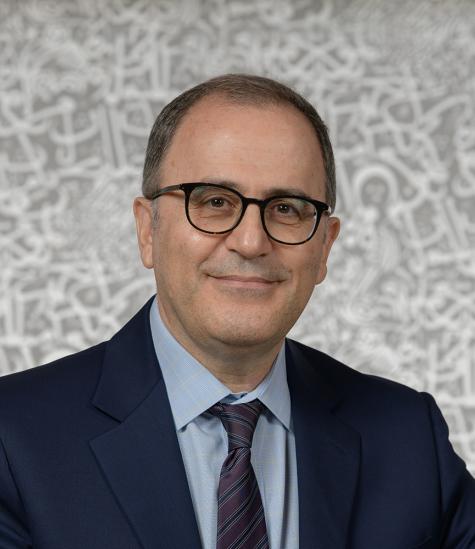
Our aim in this initiative is to reinforce AUC’s role as an active academic hub on climate change and sustainable development in Egypt and the region, as well as an active contributor to global efforts addressing climate change challenges.
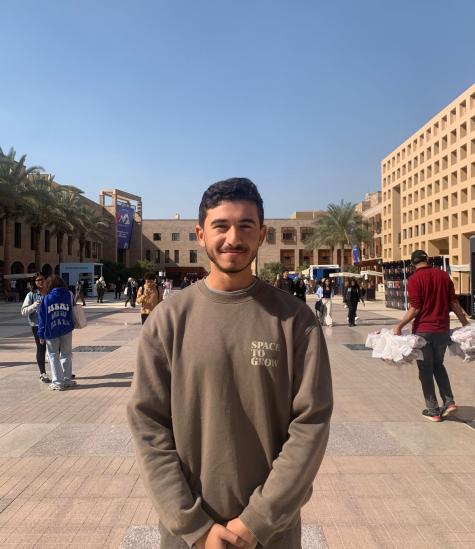
My visit to COP27 has introduced me to a lot of very interesting initiatives and solutions as well as helped me expand my network, learn about many of the leading sustainable businesses of the world and meet great critical minds. It was astounding to me to learn what could be done in a matter of few years if everyone takes a solid stand towards a more sustainable future.
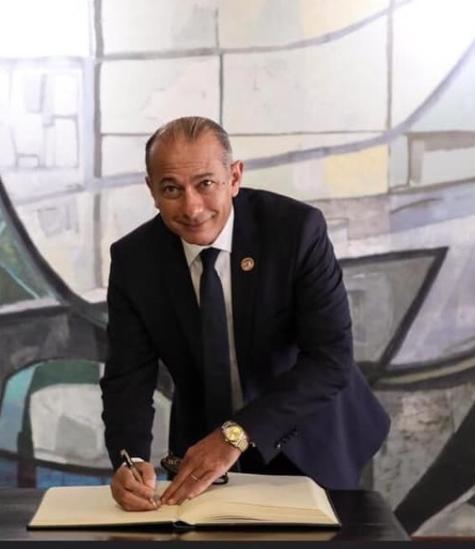
Humanity has to change the pattern of development that has been followed since the Industrial Revolution after it proved to be solely based on growth, regardless of its consequences on the planet, which is unsustainable. All the world disasters we are facing now because of climate change are due to a 1.1°C increase [in global temperature] compared to the pre-Industrial Revolution, so a 1°C change resulted in 30 million homeless people. Each 0.1°C [increase] is impactful.
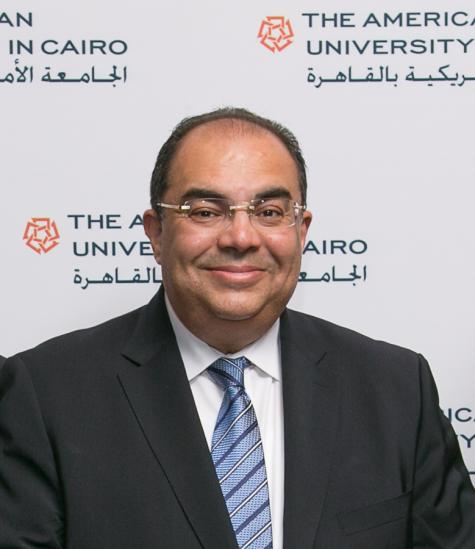
It’s great that AUC is working on climate change. A lot of people think that climate change is someone else’s problem, but the Alternative Policy Solutions project is trying to open it up and show that there are a lot of opportunities for everyone to contribute.
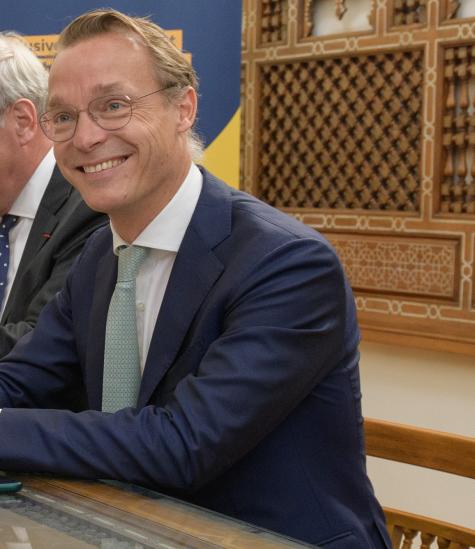
We don’t need new frameworks; we just need to apply what we have. If there is a good idea, let’s projectize it. You [AUC] have good ideas, and you have been teaching about them, so [the focus now is] how to apply them on your scale, with the hope that this could be scaled up or replicated somewhere else.
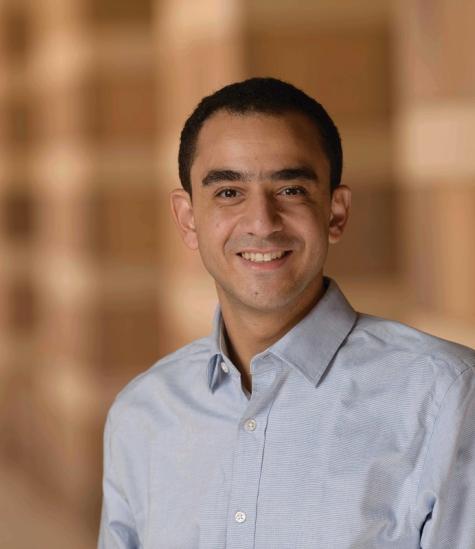
The Wind Tower Project is a collaboration between three departments from the The School of Sciences and Engineering, AUC School of Sciences and Engineering. It is an opportunity to push forward the ideology of using our campus as a living laboratory for design solutions, investigations and also student involvement in research to provide sustainable solutions that are more passive, less carbon intensive and that are built onto the strong heritage of our local architecture and identity.
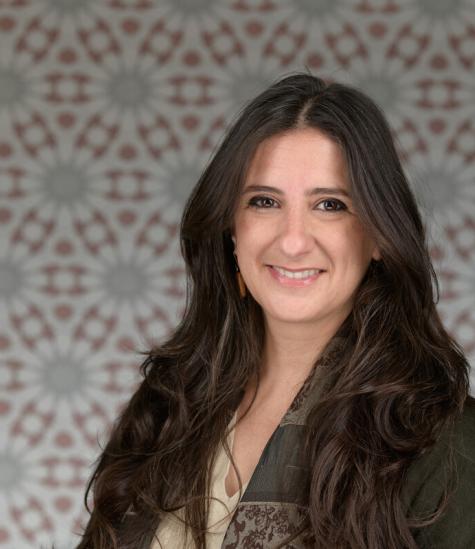
We are trying to address climate anxiety by gamifying and simplifying scientific data, by making it relatable to everyday people and helping them feel like they have the power to make decisions
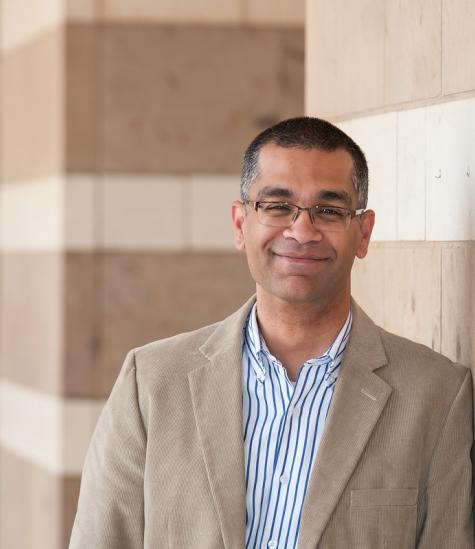
We can imagine a green future through architectural design by revamping the traditional architectural design studio —coupling traditional 2D design with 3D platforms, which allows us to merge simulation and virtual reality immersion.
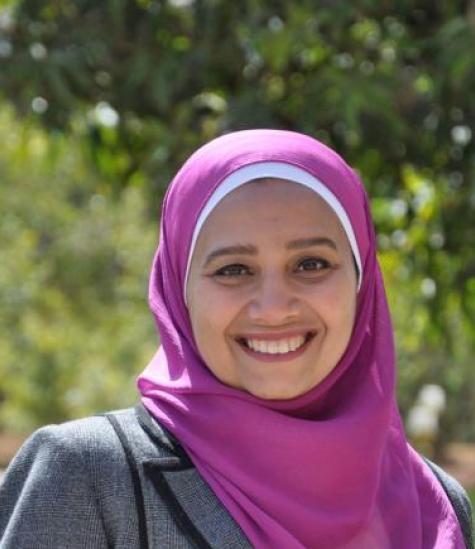
We are displaying two prototypes of our latest research at the AUC Pavilion in COP27 to bridge the gap between water scarcity and energy consumption for food production. The first prototype displayed is the Recirculating Aquaculture Systems (RAS), which maximizes water productivity to produce more fish with less water in a minimal ground area. The second is the sandponics prototype, which refers to growing fish and plants simultaneously using sand as a primary medium for filtration, biofilter, and growing media for vegetables. This promising sustainable solution uses fish wastewater as a natural fertilizer for the plants
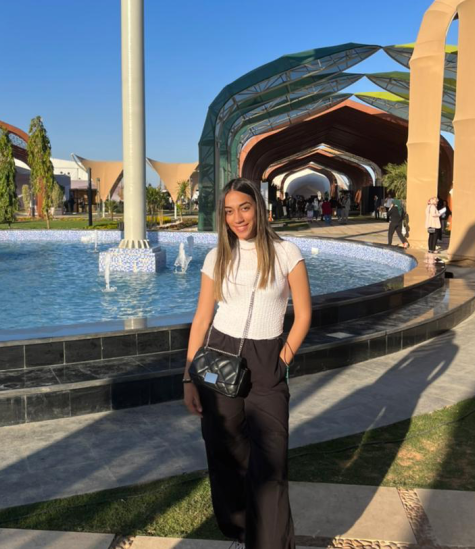
My experience at COP27 was magnificent and so vibrant. I am really glad and honored to be part of our AUC effective participation at COP27. Being there with all of these great minds from different backgrounds has definitely added to me. Having witnessed this, I can say that I have high hopes for a better sustainable future for Egypt. Looking forward to COP28 and to see what’s next for our unstoppable contributions.